On není jako on is what it sounded like in Josef K.’s ear when he was being run ragged by a faceless bureaucracy in “The Trial,” a mind-clouding tintinnabulation.
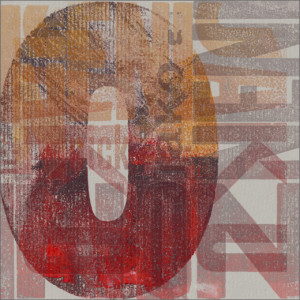 Nick Gill’s On není jako on is one step beyond ambient, one step beyond drone. This may be because he takes a big step back in extracting so much acoustic personality out of his minimal means.
Nick Gill’s On není jako on is one step beyond ambient, one step beyond drone. This may be because he takes a big step back in extracting so much acoustic personality out of his minimal means.
It is the score to a staging of Elfriede Jelinke‘s kafkaesque play “Er nicht als er” (1998), known as “Him Not Himself – about/with Robert Walser” in English, about the eponymous Swiss writer´s voluntary consignment to an asylum for the mentally ill in 1929, composed for a recent Czech production. Born in 1878 and gone as late as 1956, he hardly wrote another word after entering the sanatorium. “The play,” we are told, “has no protagonist—though the stage directions state that several people are present, none of them are named or identified.” However, we are also told that the four characters treading the boards are a psychiatrist, Jelinek herself, Walser and “the actor.”
Gill’s step back is his deft marshalling of acoustic and electronic instruments, gently adjusting their color and timbre rather than sewing the sound together with a reassuring leitmotif. Why did Walser choose to isolate himself? Why, despite sincere admirers among the cultural elite, did he stop writing? Susan Sontag famously essayed that illness in literature romanticized a trait more psychological than physical—of repression, inhibition. The sanatorium as theatre is a near-forgotten literary device, but one need only pick up “The Magic Mountain” by Thomas Mann to familiarize oneself with its centrality in the life of a certain class of Central Europeans.
On není jako on is what it sounded like in Josef K.’s ear when he was being run ragged by a faceless bureaucracy in “The Trial,” a mind-clouding tintinnabulation. The tale told is about the fragmentation of personality, and the vinyl crackle that shrouds almost its entire length might be a mantle of bewilderment. Gill is credited with monophonic synthesizer, electric guitar and field recordings, Nicole Robson piano and cello. The guitar first mimics birdsong when plucked—later there are far more real birds—then takes on the tick-tock of ennui. Dull shuffle and conversation echoes in the corridors, the cello is deeply underlined with what almost sounds like French horn (the saddest of instruments). And though the crux remains the same, it does certainly draw inward, as, around the forty-minute mark, cello and piano become more sparse, more inhibited, perhaps—a deep, dim rumble accompanies it—but perhaps also more true to itself, to the character of Walser, who though choosing not to express himself in writing, may at least and at last found himself thinking and feeling with refined clarity.
On není jako on is available on Effra Press.






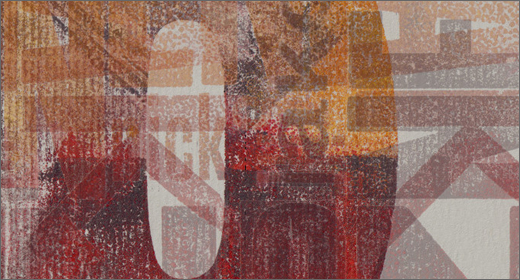

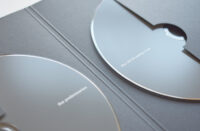
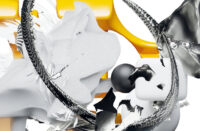

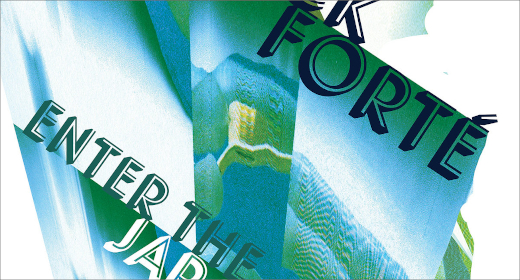
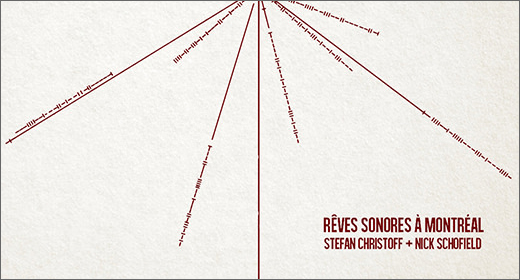
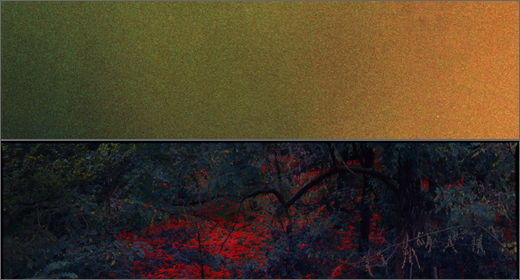

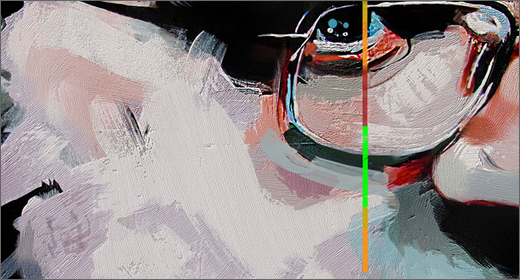
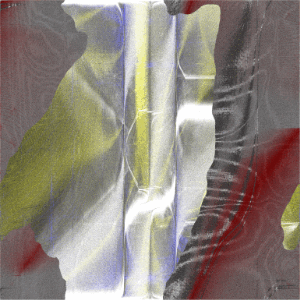

![Pole :: Tempus Remixes (Mute) — [concise]](https://igloomag.com/wp/wp-content/uploads/2025/04/pole-tempus-remixes_feat-75x75.jpg)






![Hasbeen :: Bunker Symphonies II (Clean Error) — [concise]](https://igloomag.com/wp/wp-content/uploads/2025/04/hasbeen-bunker-symphonies-ii_feat-75x75.jpg)

